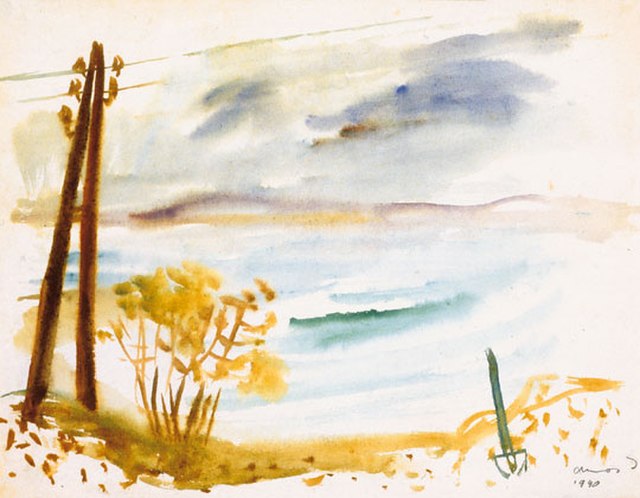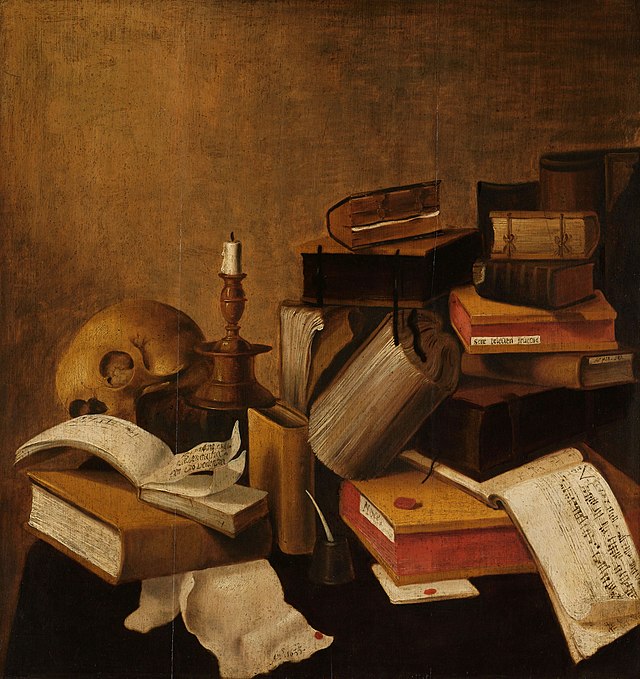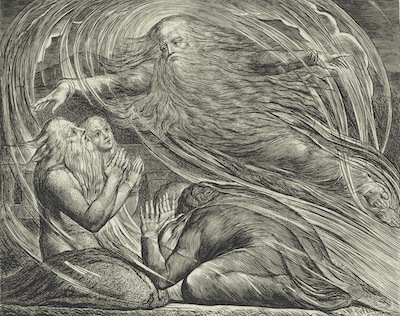Dave Beldman (PhD, University of Bristol) is an Old Testament scholar and Associate Professor of Religion and Theology at Redeemer College.
My parents experienced the 1960s in their formative years and, like many their age, were captivated by the soundtrack of these tumultuous times. It may be that something passed through my mother’s milk and got deep down into my DNA because I feel a strong attraction to the protest songs of the 60s; in reality, probably what nourished my affections for the music of this time was just the regular diet of tunes from vinyl records playing on our family turntable. I recently watched a YouTube video of Peter, Paul and Mary performing an absolutely beautiful (and haunting) cover of Bob Dylan’s song Blowin’ in the Wind. The three verses ask a total of nine questions which seem as relevant today as they were when Dylan (aka the “Bard”) first penned them in the early 1960s. The chorus also expresses something that, these days, seems all too true: “The answer my friend, is blowin’ in the wind; the answer is blowin’ in the wind.” We are still asking the same basic questions and the answers still seem all too elusive.

Intriguing to me is the resonance between the soundtrack of the 60s and the book of Ecclesiastes. The film Forrest Gump, much of which is set in the 60s and integrates the music of this era, seems like a 142 minute cinematic reflection on the book of Ecclesiastes. In Ecclesiastes, the main character, Qohelet (“the Teacher”), is wrestling deeply and at length with the various questions, mysteries and incongruities of life, and for much of his journey resolution seems just out of reach. Qohelet probes the meaning and purpose of life, work and pleasure, he wrestles with injustice and the inequities of life, he struggles with the inevitability of death and how humans live in light of their own finitude. His is an honest and at times excruciating exploration into meaning and purpose.
Whatever answers he gains are hard won, and some questions remain a mystery. That the protest songs of the 1960s at times drew on and resonate with Ecclesiastes is not surprising – they are tapping into something that is certainly there in the book. Unsurprising too should be that the themes and questions of Qohelet in Ecclesiastes resonate deeply with our tumultuous times. Ecclesiastes is a book for our day.
How peculiar, then, that Christians do not typically tap into Ecclesiastes in this way. Of course, there are certain texts from the book that will pop up in Christian conversation: “There is a time and season for every activity under heaven” (Eccl. 3:1), “Two are better than one … a cord of three strands is not quickly broken” (4:9-12), “Remember your creator in the days of your youth …” (12:1), “Whatever your hand finds to do, do it with all your might …” (9:10), “There is nothing new under the sun” (1:9), “Of making many books there is no end, and much study wearies the body” (12:12), “Cast your bread upon the waters, for after many days you will find it again” (11:1). What often surprises me about Christian use of Ecclesiastes is just how disconnected the sayings we pull from Ecclesiastes are from the context in which Qohelet is saying them. And in many cases, I doubt Qohelet would approve of the way various bits and pieces get used today. We can learn something from the protest songs of the 1960s that honestly wrestle with the enigmas of life in the way that the book of Ecclesiastes does.

That said, the soundtrack of the 60s suffers from something that Qohelet himself suffered from and for that reason, although the music from this era may help us with articulating the enigmas of life, it by and large fails to offer an adequate solution. Qohelet tried with all his might and intellectual capacity to make sense of the incongruities of life and eventually (at the end of his journey) came to the realization that starting with himself and his autonomous intellect and ability is inadequate to the challenges of life; he learned that the only possibility of navigating these mysteries with any success must start with fear and faith in God (“Remember your Creator …”). John Lennon’s now classic song Imagine (1971) expresses a longing for a utopian world without hell or heaven, without countries, without possessions, without religion, a brotherhood of humanity living as one, living for today. What Qohelet realized is that a radical reorientation of the human person toward God is needed and not just better reasoning, or a change in attitude, or a shift in public opinion, or a collective dream of a better world. Many of the specific issues artists of the 60s were protesting did find some resolution but we are no closer to Lennon’s utopia. The civil rights movement was in many ways successful, but racism still plagues our society and its structures; the Vietnam War eventually ended but unjust wars continue today; the end of the Cold War marked the end of the nuclear arms race between the US and the Soviet Union but international nuclear threat is still a reality. Of course the biblical story, with the eventual return of the Redeeming King, provides the ultimate answer to life’s enigmas, but Ecclesiastes offers helpful instruction for navigating in these troubling times until that day.

The Kirby Laing Centre for Public Theology in Cambridge. Charity registered in England and Wales. Charity Number: 1191741
Kirby Laing Centre, The New Mill House, Unit 1, Chesterton Mill, French’s Road, Cambridge, CB4 3NP
© 2022 The Kirby Laing Centre for Public Theology in Cambridge